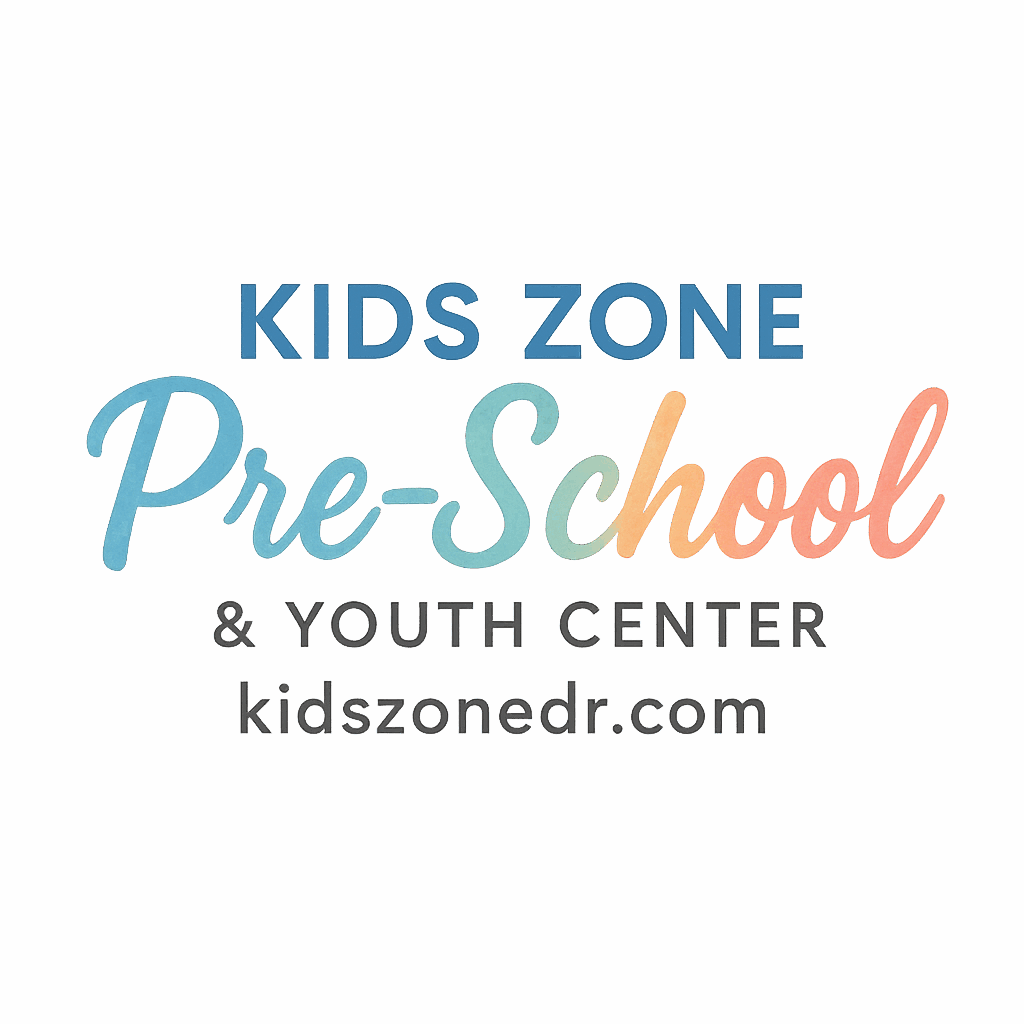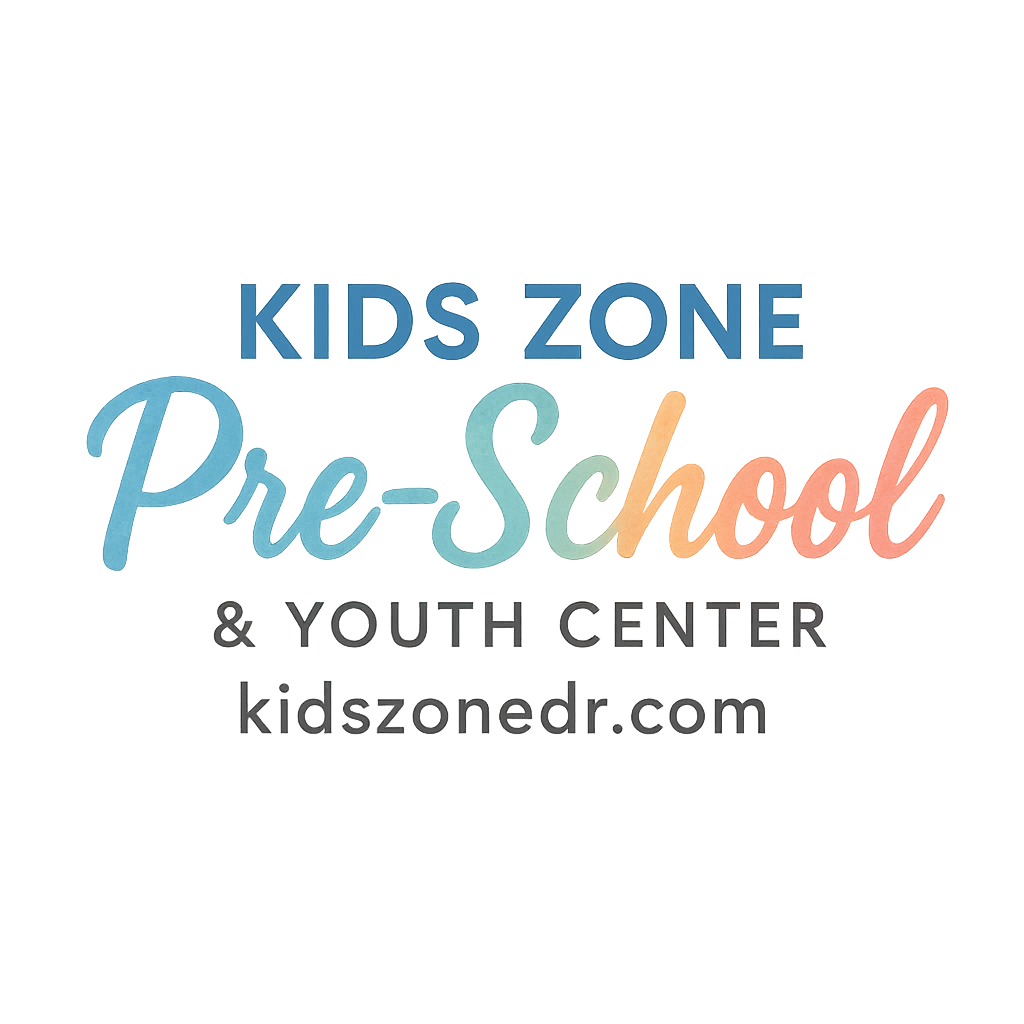Introduction: The Importance of Preschool Routines in Building Confidence
Preschool is a time of immense growth, not just academically, but emotionally and socially. One of the key elements that shape a preschooler’s development is the daily routine. Routines provide structure, security, and opportunities for growth, all of which play a huge role in fostering confidence in young children. But what exactly is it about preschool routines that help children feel more confident? Let’s take a deeper dive.
Why Preschool Routines Matter for Confidence
Young children thrive in environments where they can anticipate what’s coming next. This sense of predictability gives them a sense of security and control, which are essential for building confidence. When kids know what to expect, they’re more likely to take risks, try new things, and engage with others in a positive way.
Now, let’s explore 10 specific preschool routines that can help boost a child’s self-assurance.
1. Establishing Consistent Morning Rituals
Mornings set the tone for the day, and establishing a consistent routine in the morning helps children feel secure and ready to take on the world.
The Power of Predictability for Preschoolers
Whether it’s having breakfast, brushing teeth, or putting on shoes in the same order each day, consistency helps children build a sense of independence. A calm morning routine reduces anxiety, allowing preschoolers to focus on the day ahead rather than feeling uncertain. By teaching kids how to follow a routine, we help them gain confidence in their ability to manage their own time and actions.
Learn More About Preschool Routines
2. Encouraging Self-Help Skills
One of the simplest ways to help preschoolers build confidence is by encouraging them to do things for themselves. Whether it’s zipping their coat, putting away their toys, or serving their own snack, these little tasks make a big difference.
How Small Tasks Build Big Confidence
When preschoolers successfully complete small tasks on their own, they feel empowered. These achievements, no matter how small, create a positive sense of accomplishment. It’s not about getting everything perfect; it’s about encouraging them to try and helping them develop a “can-do” attitude.
Explore Self-Help Tips for Preschoolers
3. Group Activities That Foster Social Confidence
Preschool is the first time many children interact with a group of peers regularly. This interaction is essential for developing confidence in social situations.
Learning to Interact with Peers
Group activities like circle time, collaborative art projects, or group games help children practice social skills. Learning how to share, take turns, and resolve conflicts with others boosts a child’s self-esteem. These activities create opportunities for children to feel proud of their ability to communicate, collaborate, and build friendships.

4. Storytime and Interactive Reading
Reading is a fantastic way to nurture a child’s confidence, but it’s not just about listening to stories. Interactive reading encourages participation, imagination, and critical thinking.
Using Books to Teach Life Lessons and Confidence
Books often feature characters who face challenges and overcome them—offering valuable lessons in resilience. By discussing these stories, children learn about courage, perseverance, and the importance of self-belief. When a child understands that struggles are a part of growth, they are more likely to approach challenges with confidence.
5. Positive Reinforcement Through Praise and Rewards
There’s nothing like a bit of praise to boost a preschooler’s confidence. Recognizing a child’s effort or success in any task, big or small, reinforces their positive behavior.
The Science Behind Positive Feedback in Preschool
Positive reinforcement helps children understand what behaviors are expected, but more importantly, it helps them internalize the belief that they can succeed. Praise should be specific—acknowledge their effort, not just the outcome. This helps children develop a growth mindset, where they understand that effort is key to success, not just natural talent.
Discover More About Positive Reinforcement in Preschool
6. Regular Circle Time Discussions
Circle time is more than just a gathering—it’s an opportunity for children to express themselves, listen to others, and gain confidence in their voice.
Giving Preschoolers a Voice
Whether it’s sharing something about their day or answering a question, circle time encourages children to speak in front of others. This helps reduce the fear of public speaking and boosts their ability to express themselves. Feeling heard in a supportive environment can have a lasting impact on a preschooler’s self-esteem.
Read More About Preschool Classroom Activities
7. Age-Appropriate Challenges for Growth
Confidence thrives when children are given challenges that match their developmental stage. A task that is too difficult can cause frustration, while one that is too easy may lead to boredom.
Encouraging Problem-Solving and Independence
Age-appropriate challenges allow children to problem-solve, which is key to building confidence. Whether it’s a puzzle, a new learning game, or a motor skill challenge, overcoming these tasks independently gives children a deep sense of accomplishment.
8. Physical Activities and Motor Skills Development
Physical activities like running, jumping, or balancing not only promote physical health but also mental well-being.
How Physical Confidence Leads to Emotional Confidence
Mastering physical tasks, such as tying shoes or riding a tricycle, builds a preschooler’s sense of competence. Physical activities encourage children to take risks, try new things, and develop a positive self-image.
Explore More About Physical Development in Preschool
9. Quiet Time and Reflection
Not every moment in preschool needs to be filled with activity. Quiet time offers children a chance to reflect on their day, allowing them to process emotions and boost their emotional confidence.
Encouraging Calm and Self-Reflection for Emotional Growth
Quiet time promotes emotional intelligence. When children take a moment to reflect, they become more aware of their feelings and how to manage them, which directly impacts their confidence in social situations.
Learn More About Promoting Wellness in Preschool
10. Closing the Day with Positive Reinforcement
Ending the day with a moment of acknowledgment or praise helps reinforce a child’s sense of accomplishment.
Reflecting on the Day to Boost Confidence
As the day winds down, teachers or caregivers can discuss what went well. It could be something as simple as a child completing a task or being kind to a peer. This reflection helps preschoolers end the day on a positive note, reinforcing their confidence for the next day.
Conclusion: How Consistency in Preschool Routines Builds Lifelong Confidence
The foundation for lifelong confidence is built in the early years, and preschool routines play a key role in this process. Consistency, predictability, and positive reinforcement in daily activities help children develop a strong sense of self-worth and belief in their abilities. These routines don’t just create confident preschoolers—they set the stage for confident, capable individuals in the future.
FAQs: Addressing Common Questions on Preschool Routines
- How can I make my preschooler feel more confident at school?
Encouraging independence, offering praise, and setting consistent routines are great ways to boost confidence. - What types of activities help build social confidence?
Group activities like cooperative games, circle time, and collaborative art projects are ideal for fostering social confidence. - Why is quiet time important in preschool?
Quiet time allows children to reflect on their day, process emotions, and develop self-awareness, which enhances emotional confidence. - How do physical activities build confidence in preschoolers?
Physical activities help preschoolers master new skills, leading to a sense of accomplishment and confidence in their abilities. - What should I do if my preschooler struggles with routines?
Gradually introduce routines and provide lots of encouragement. Some children may need more time to adjust, but consistency is key. - How can I use praise effectively with my preschooler?
Be specific with your praise. Instead of just saying “good job,” mention exactly what they did well, like “You did a great job cleaning up your toys!” - What if my preschooler doesn’t want to participate in group activities?
Gently encourage participation without forcing it. Over time, they will gain confidence in social settings as they get comfortable with their peers.


